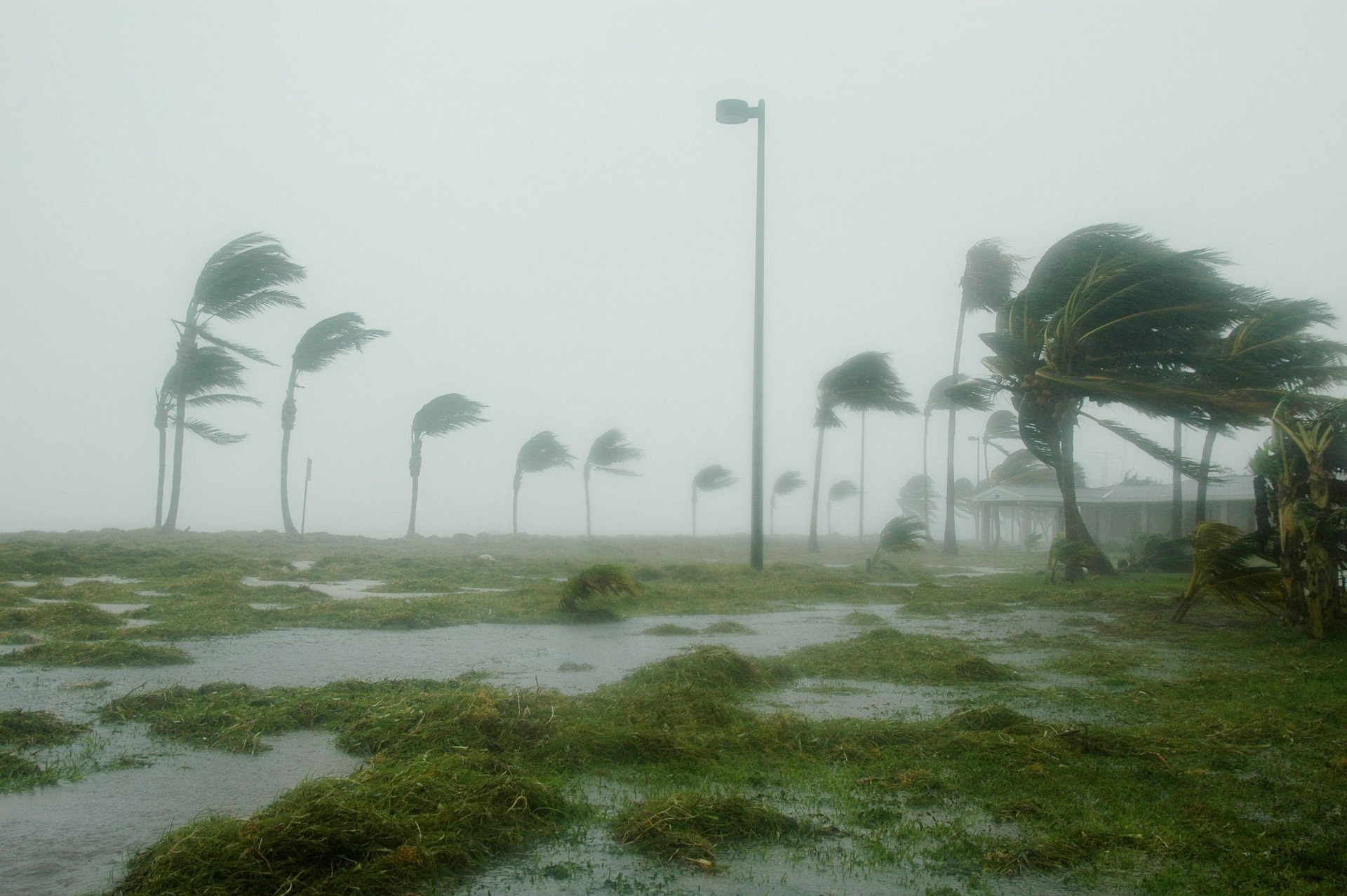The North Carolina Legislature’s rejection of building code updates likely worsened the damage caused by Hurricane Helene, code experts say.
Over the past 15 years, lawmakers rejected limits on construction on steep slopes, which might have reduced the number of homes destroyed by landslides. The legislature also blocked a rule requiring homes to be elevated above the height of an expected flood and weakened protections for wetlands that help the environment absorb stormwater runoff.
Lawmakers have slowed building code updates, making it harder for the state to qualify for federal climate-resilience grants. In 2013, the legislature changed how often North Carolina would update its codes to every six years from every three.
The change proved important. In 2015, the International Code Council added a requirement that new homes in flood zones be built at least one foot above the projected height of a major flood. Instead of adopting that mandate statewide, the legislature left it up to local officials to decide whether to adopt it in their community.
Related Stories
Codes and Standards | Apr 5, 2021
Construction employment rebounds in March following February drop
Rising costs, supply-chain woes, and cancellations threaten outlook.
Codes and Standards | Apr 2, 2021
Intl. Code Council’s new development system could be a brake on building decarbonization
Local governments lose influence on creating new energy efficiency rules.
Codes and Standards | Apr 1, 2021
Cuomo proposes strengthened NY building codes to boost efficiency
Would apply to appliance, equipment efficiency and reduce water use.
Codes and Standards | Mar 25, 2021
N.C.’s Outer Banks’ communities struggle for ways to keep the sea from overrunning them
Tax hikes for beach replenishment offer temporary solution.
Codes and Standards | Mar 24, 2021
Perkins&Will’s D.C. office pledges to eliminate embodied carbon in commercial interiors
Firm aims to reach goal on all designs by 2030.
Codes and Standards | Mar 23, 2021
The 15-minute city may not work in much of North America
Segregated neighborhoods and car-centric cities may not adapt to the European model.
Codes and Standards | Mar 22, 2021
Think tank offers plan for new approach to reduce neighborhood poverty
Strategy uses more targeted approach to invest in low-income areas.
Codes and Standards | Mar 19, 2021
California city bans construction of new gas stations
Existing stations will not be allowed to add more pumps.
Codes and Standards | Mar 18, 2021
Congressmen ask Biden to tackle rising lumber costs
Rising materials costs and supply shortages threaten economic recovery, housing starts.
Codes and Standards | Mar 16, 2021
Massachusetts bill would mandate rooftop solar on new homes, commercial buildings
Proposed Bay State mandate modeled on California’s.


















